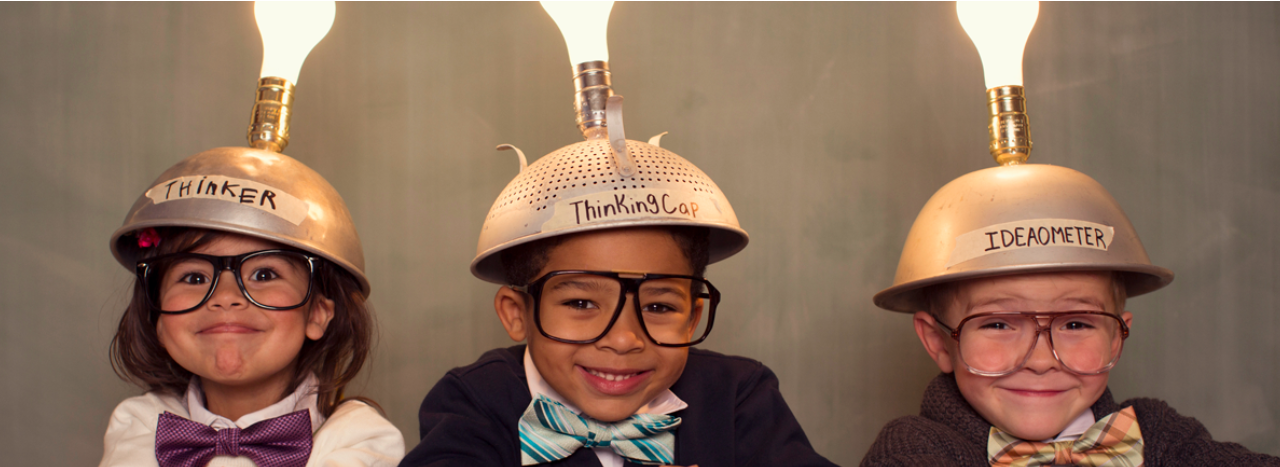In a groundbreaking study, researchers from New York University (NYU) have demonstrated that an artificial intelligence (AI) system, trained on a child’s limited linguistic input, can learn a substantial number of words and concepts, challenging previous skepticism about AI’s connection to human learning and development.
AI systems, such as GPT-4, typically train on vast amounts of data from the web, presenting a stark contrast to the more limited language exposure that children receive during their early years. The NYU team sought to bridge this gap by training a multimodal AI system through the eyes and ears of a single child, utilizing headcam video recordings from six months to the child’s second birthday.
The findings, published in the journal Science, revealed that the AI model successfully learned words and concepts from just 1% of the child’s waking hours captured in the videos. The research opens new avenues for understanding early language acquisition and challenges long-standing debates about the factors influencing word learning in children.
Wai Keen Vong, a research scientist at NYU’s Center for Data Science and the study’s first author, emphasized the significance of the results, stating, “Our results demonstrate how recent algorithmic advances paired with one child’s naturalistic experience has the potential to reshape our understanding of early language and concept acquisition.”
The researchers, including Brenden Lake, an assistant professor in NYU’s Center for Data Science and Department of Psychology, analyzed over 60 hours of first-person video footage, containing approximately a quarter of a million word instances linked with video frames of the child’s surroundings during language interactions. They then trained a multimodal neural network using contrastive learning, enabling the model to associate visual and linguistic cues, mimicking a child’s learning process.
The trained model underwent evaluations similar to those used for infants, requiring it to select an image matching a target word. Remarkably, the AI system demonstrated the ability to learn and generalize words, showcasing aspects of learning and generalization observed in human infants.
Lake commented on the study’s implications, stating, “These findings suggest that this aspect of word learning is feasible from the kind of naturalistic data that children receive while using relatively generic learning mechanisms such as those found in neural networks.”
The study, supported by the U.S. Department of Defense’s Defense Advanced Research Projects Agency and the National Science Foundation, marks a significant step toward understanding the potential of AI in replicating human learning experiences.











